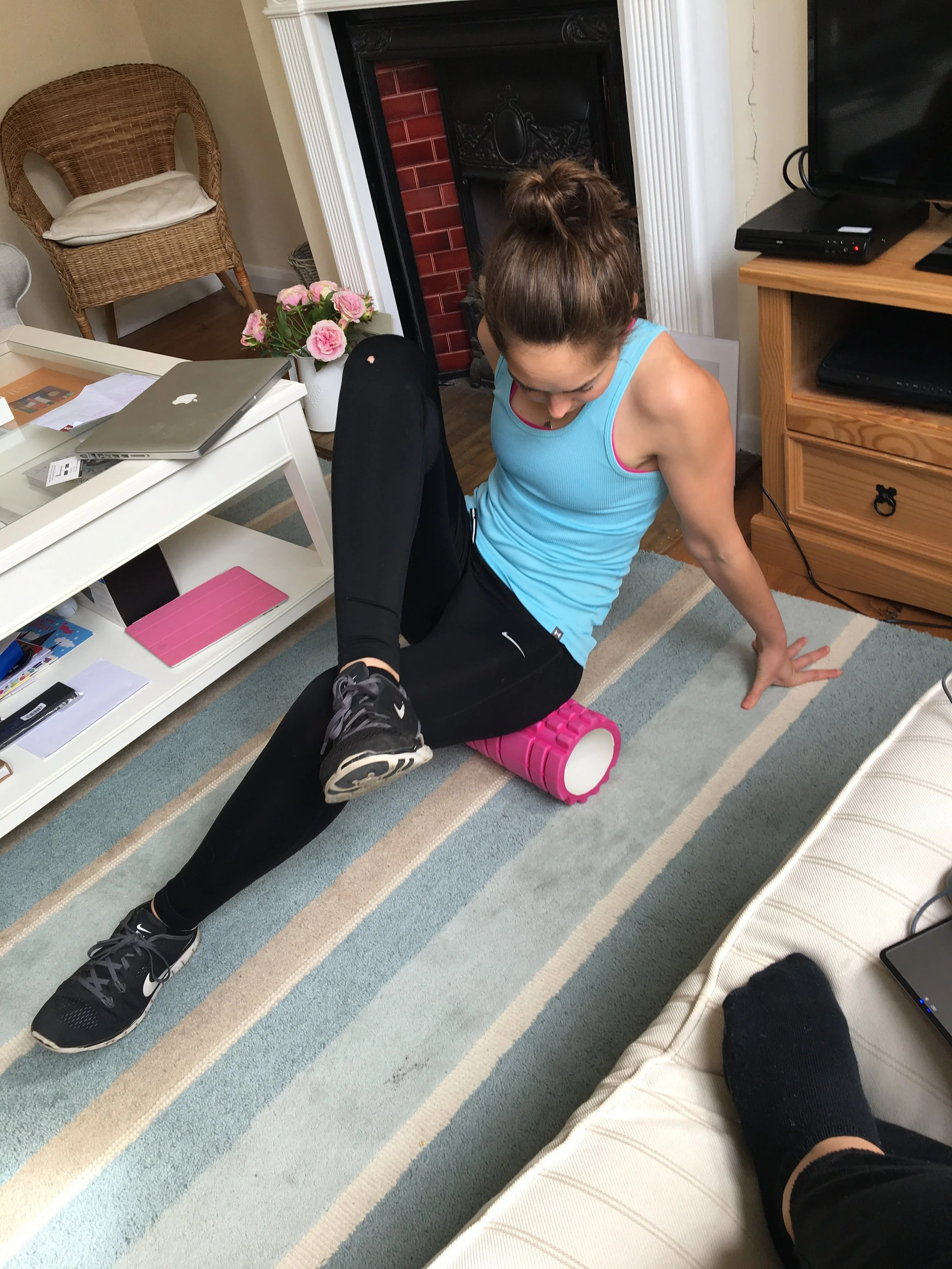Working in sport psychology I am lucky to work with people who have big ambitions. I always encourage my clients to dream big and, as a result, year-round we look at their goals.
There is a lot of information out there on goal setting, especially at this time of year! However, not all the advice is based on research.
Whilst there are lots of ways you can set goals, below is one of the common simple processes I follow which you can apply to all goals whether they are in sport or not.
Different types of goals
First… a bit of background on types of goals. Goals can be broken down into three main types:
Outcome goals – are the ideal end results you aspire to reach in the long-term such as standing on the podium or playing for your country. These types of goals provide a vision for where you want to get to. However, they are typically outside of your control.
Performance goals – these are the medium-term steps that need to be reached along the way in order to achieve your outcome goal. For example, it could be achieving certain times or being selected for a team. They help identify whether you are on track to reach your overall outcome goal.
Process goals – these are the steps that need to be taken in the short term (daily/weekly). These should be fully in your control, tracked and reviewed weekly. Examples include focusing on specific physical or psychological training that needs to be done, sleep habits, or nutrition and hydration strategies.
To set goals
Create a table like this to write your goals in and place it somewhere where you can see it daily.
Write down your goals. Create a table with each long-term goal broken down into performance and process goals. I recommend having around three performance and process goals for each long-term goal. Remember, goals/aims/ambitions/dreams – whatever you want to call them – should set targets that are specific and not easily influenced by other people. It should also be possible to accurately assess whether or not they have been achieved.
Now rank each goal. Ask yourself the following questions about it, scoring on a scale of 0 (definitely not) to 4 (definitely yes):
Does it set a specific target?
Is it independent of other people?
Is it measurable?
Can you realistically expect to achieve it in the time available?
Will you be excited and satisfied when you achieve it?
If you score more than 15 then the goal is a good one. If it is less than 15 you should rephrase it or chose another goal and repeat the scoring process.
Place your goals somewhere where you can see them daily.
On a weekly basis review your goals and reset your new weekly goals. Following the same process in step 2 and 3.
Summary
Success comes from an accumulation of good days. Having a dream is great (and encouraged!) but it can only get you so far. We cannot guarantee our dreams will become a reality but we can give ourselves the best possible chance by focusing on, and enjoying, the process of getting there. This can be done by setting process goals which will help to keep your attention away from focusing on just the outcomes (e.g. winning) and instead keep you focused on what you actually need to do to get to where you want to be. Reviewing them weekly will highlight the progress being made and whether any adjustments need to be made.
Give this exercise a go and if you have any questions get in touch!




